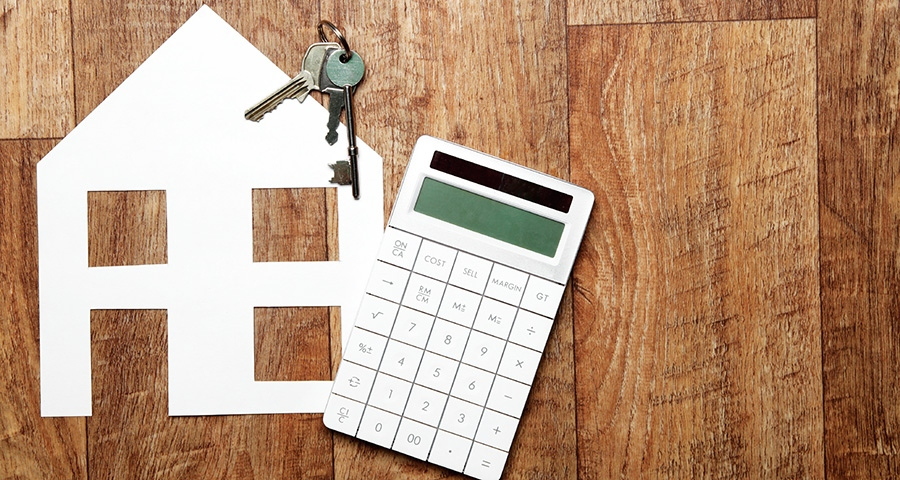There are some extra costs on buy to let purchases we tend to forget, or we may not be aware of. Like with a regular mortgage, we should be in the know of all fees involved, including what will entail a purchase money mortgage, for example.
1. Tenant search and Agent Feels
It takes some research to find a good tenant. We may charge prospective tenants a non-refundable fee during the application process. A real estate agent or property manager can handle this search on our behalf. Their charges depend on the prevailing market. Real estate agents charge us depending on the service they render. Their service fees will cover other areas as:
- Credit checks on tenants
- Chasing unpaid rent
- Writing contracts
- Health and safety checks on the property
2. Landlord Insurance
Landlord insurance covers the property owner from any financial risk associated with the rental property, including theft. Natural disasters like earthquake, flooding, storm, fire, explosions, and lightning are covered as well. The policy takes care of the entire building plus any landlord’s content (this is optional). Contents insurance covers existing furniture, e.g. beds, closets, curtains, and carpets. Every policy issued to a landlord is unique and may not include all liabilities.
Optional coverage items are terrorism, malicious tenant damage, rent guarantee, liability insurance, and legal protection. The contents of the tenants are their responsibility, so we don’t need to insure them. However, the landlord and property manager can benefit from the liability policy should tenants incur losses resulting from dysfunctions or calamities for which the landlord is liable.
A landlord can also apply for mortgage protection insurance on a buy to let property if it is bought on a mortgage. The insurance can assist in paying off debts when an owner is incapable of doing so. The policy can be advantageous for the people such as business owners, individuals suffering from a severe illness, or the disabled.
3. Legal Fees
A real estate transaction must involve a lawyer’s fee. An attorney helps in executing the transfer of the title deed and other details of the purchase. The charges depend on the complexity and size of the transaction. You might want to hire a solicitor specialized in such affairs. While trying to find a professional, you might want to check out Eatons (or some other law firm in your locality) to get some valuable assistance. Furthermore, there is the survey or RPR- Real Property Report for safeguarding the lender. We might need to pay for the compliance stamp to acquire the RPR.
4. Property Taxes
As landlords, we must get ready to pay taxes on our rental property. Fortunately, we can benefit from some tax relief from the IRS in the form of tax write-offs. For instance, we can write off the buy-to-let mortgage interest, maintenance fees, depreciation, and operating expenses. Rental properties around school districts and public amenities accrue higher property taxes. Similarly, property tax in nicer neighborhoods is a bit higher just like it is with rent. Rental income is taxed the same way as ordinary income in the US. For instance, a rental income of $10,000 in the marginal tax bracket of 22% will be taxed $2,200. Most importantly, we should know how to determine rental income. According to the IRS, rental income is any payment that the landlord receives for occupation and use of their property. Rent is the most obvious payment. Additional rental income that is also taxable may include:
- Security deposits not used in maintenance
- Advanced rent payments, e.g. when a tenant pays a few months in advance immediately after moving in
- Other expenses paid by tenants though they are landlord’s obligation like water bill
- Services offered by tenants to cover their rent e.g. an occupant offering to clean the property in exchange for rent deduction
5. Property Maintenance
Tenants deserve to live in a healthy and safe environment. Each month, property management charges can range from 10% to 15% of the rental income. We are responsible for repairing damages caused by fire, natural disasters, and natural wear. If the HVAC system breaks down naturally, we would have to call companies like DUCTZ of Raleigh or similar others in the area to restore it, because the fixing falls on us, not the tenants. It is essential to set aside money for such emergencies.
6. Late Payments
Not all the time do we get tenants to occupy our buildings. Sometimes the tenants delay in paying rent. During vacant tenancy periods, the burden of mortgage installments is entirely on us. We cannot afford to miss mortgage payments lest we are charged for late payments. Lengthy delays could lead to repossession of the rental property. That is why we need to have extra savings all the time to cover these costs.




